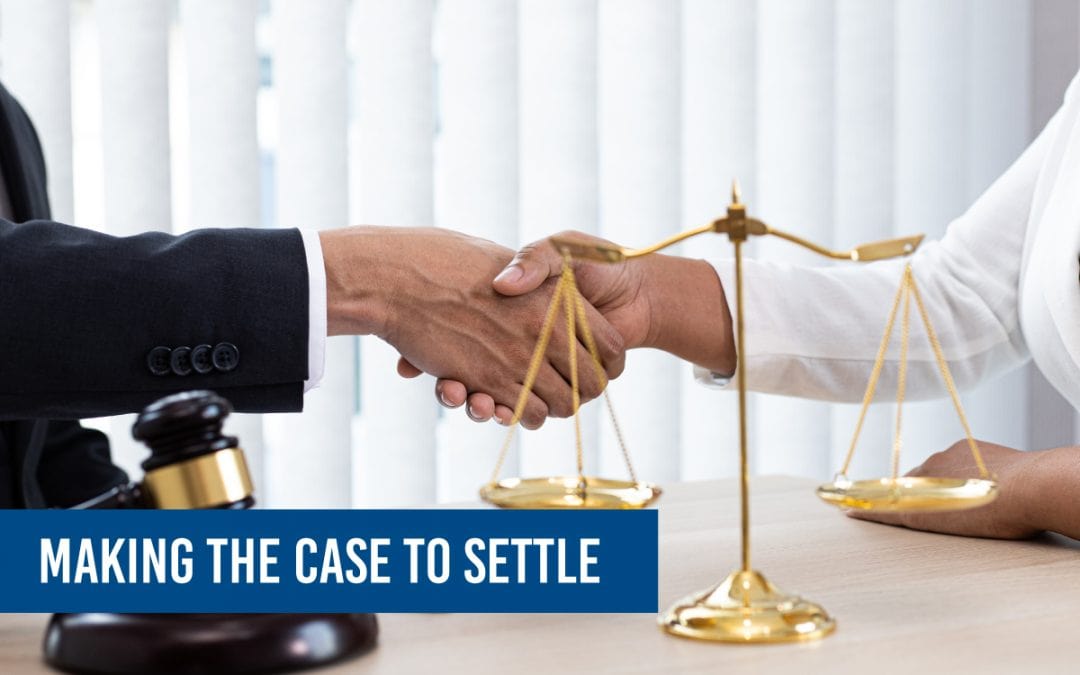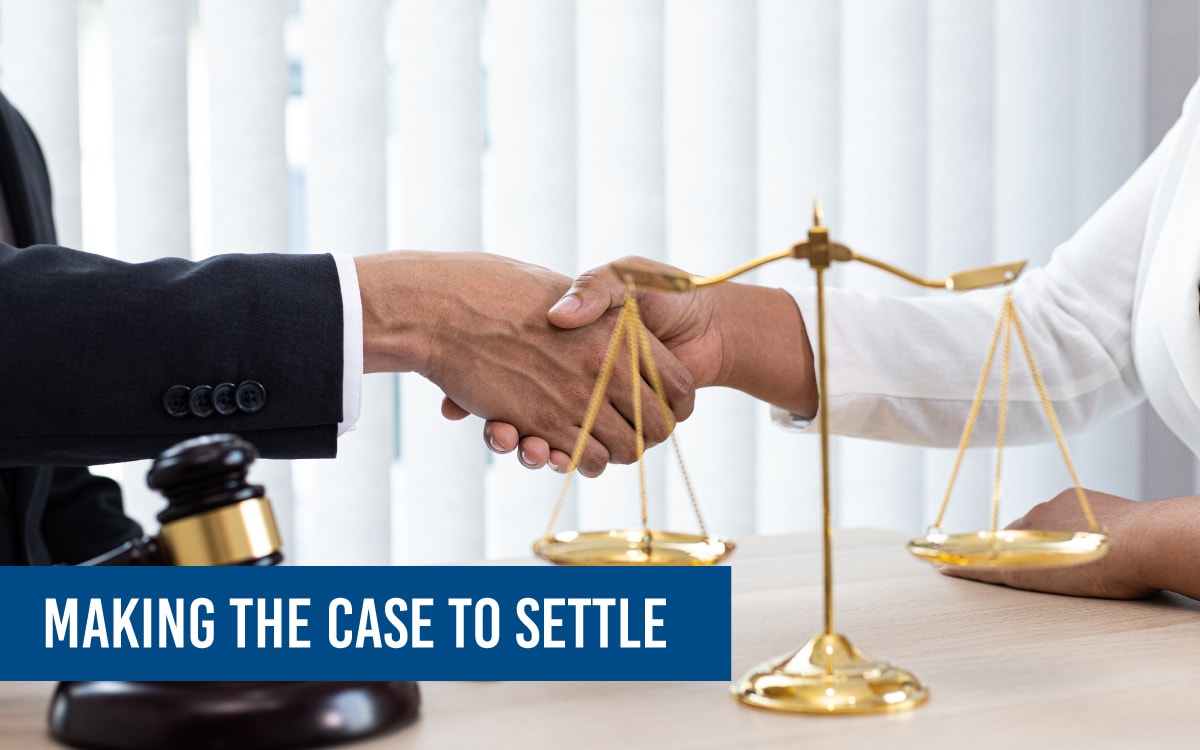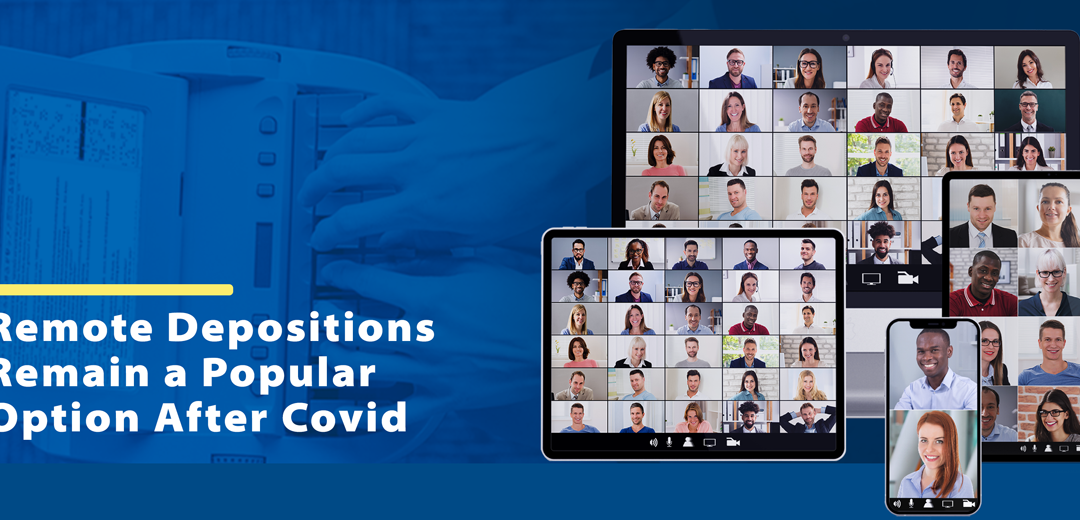As more and more countries in Asia open their borders post-pandemic, Planet Depos was recently able to resume covering in-person depositions in the Philippines. Throughout the pandemic, we conducted remote work in the Philippines, but as restrictions ease, we’re now able to offer more comprehensive solutions to clients involved with international cases, while still providing the same, signature, top-tier service.
As a global court reporting firm, all the legal support services we offer in the U.S. are also available for depositions in the Philippines. Whether you need a stenographer, videographer or technician, or require services such as Realtime streaming, same-day rough drafts or expedited final transcripts, our international team is well-equipped to tackle even the toughest cases.
For this in-person deposition, we sent a court reporter and a videographer, both of whom are part of our PD Asia team. While these team members are not local to the Philippines, they do reside full-time in other nearby Asian countries, so they have extensive experience recording international depositions throughout Southeast Asia.
One of the most intriguing aspects of this particular deposition, due to its locale, was the unique blend of languages. Due to Spanish colonization, many Spanish words have been integrated into the Filipino language, Tagalog. In addition, the Filipino people have developed a blend of English and Tagalog, referred to as “Taglish,” which is widely used in everyday life in the Philippines. These linguistic details added an extra dimension to the deposition, requiring particular attention to ensure accurate documentation of the record. However, any challenges were met with enthusiasm and professionalism by our experienced team.
If you have an upcoming deposition in the Philippines, or anywhere else abroad, we are here to help. In addition to coordinating the logistics of an international case, we can also provide valuable insight regarding country-specific deposition regulations, travel and hotel recommendations, and even traditional dishes to enjoy!
For more information on conducting depositions around the world, check out the latest edition of our International Deposition Guide, or submit an international inquiry online at any time.





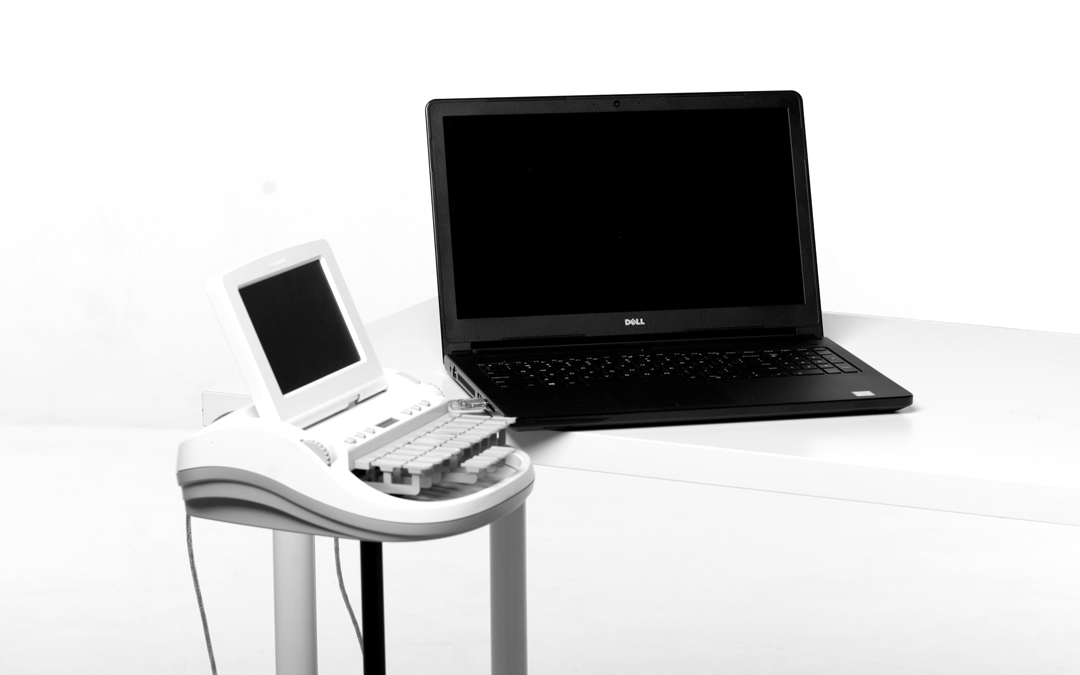
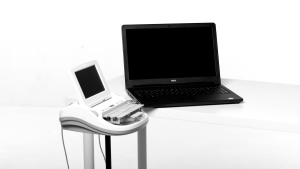 As technology continues to advance, fears of robots replacing humans has increased across many industries as corporations look to automate certain job functions to reduce costs and stay on top of trends. This
As technology continues to advance, fears of robots replacing humans has increased across many industries as corporations look to automate certain job functions to reduce costs and stay on top of trends. This 
 Even though the 2022 World Cup has come to an end, some memorable moments left a lasting impression. Japanese soccer players and fans made headlines during their time in Qatar due to their unique tidying actions. Interviews with Japanese fans showed that their decision to clean up after themselves and other fans boils down to a simple term, “atarimae.”
Even though the 2022 World Cup has come to an end, some memorable moments left a lasting impression. Japanese soccer players and fans made headlines during their time in Qatar due to their unique tidying actions. Interviews with Japanese fans showed that their decision to clean up after themselves and other fans boils down to a simple term, “atarimae.”